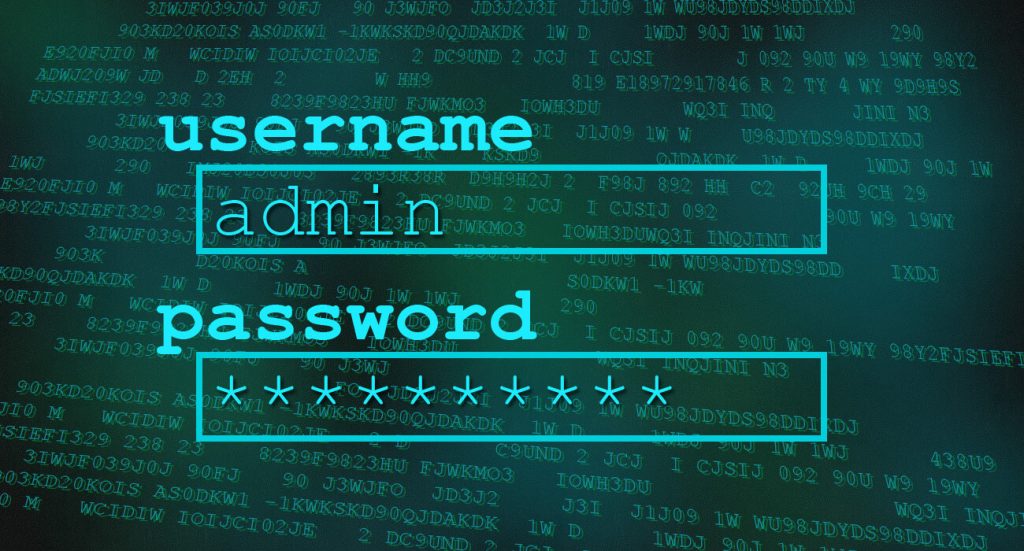
While thousands of people are looking forward to the Eurovision Song Contest 2023 in Liverpool in May, the North West Cyber Resilience Centre (NWCRC) is warning businesses to be on high alert for increased cybercrime.
Businesses involved in the supply chain around hosting the popular song contest will deal with numerous new suppliers, customers and other businesses, making it harder for them to spot potential fraudsters and signs of cybercrime.
The Government’s Cyber Security Breaches Survey 2022 found that in the North West, 44% of small businesses had a cyber breach or attack in the previous 12 months, and only 28% had assessed cyber security risks.
Head of Cyber and Innovation at the NWCRC DI Dan Giannasi said: “We are asking all businesses across the North West, but particularly Merseyside, to be vigilant against potential cybercrime in the run-up to the Eurovision Song Contest in May.
“Protecting your organisation is critical for businesses involved in the event and the wider business community across the region. We are currently hearing about increased phishing scams, where fraudsters are trying to get personal information and take payment while impersonating businesses.
“Small businesses, in particular, can be vulnerable as they often lack the in-house skills and knowledge to protect themselves effectively.”
Katie Gallagher, the founder of the NWCRC and MD of Manchester Digital, said: “Cybercrime is increasingly more sophisticated, so it can be really hard to spot phishing or hacking attempts.
“Fraudsters will rely on businesses dealing with unfamiliar suppliers and customers and looking for any opportunity to take advantage of a situation.”
The NWCRC has outlined a number of ways that cyber-criminals could attempt to defraud a business.
1. Phishing attacks via email, SMS or WhatsApp are the main threat to be wary of, especially as this is a gateway to other further attempts of cybercrime. In 2022, the Cyber Security Breaches Survey found that 83% of UK businesses had suffered phishing attacks.
If you receive emails, text messages or Whatsapp messages, confirm they are from the business they claim to be before you share any information or payments. Look out for unusual email addresses, bad spelling and anything else that looks suspicious.
2. Malware is when cybercriminals try to trick you into downloading software onto your computer, usually through a phishing email. Ransomware is a type of malware that means all your information is encrypted or deleted, and you cannot access it. Cybercriminals would ask for a payment, or a ransom, to hand it back over.
3. Fake invoices are one of the most likely cybercrimes that businesses could see around a huge event like Eurovision, either purporting to be from a real business or simply an opportunist fake invoice, in the hope that it won’t be checked out and paid.
DI Dan Giannasi concludes by saying, “We strongly advise businesses in the North West, and in particular businesses in the supply chain for the Eurovision Song Contest such as hotels, transport providers and any other suppliers, to update all of their software, ensure their firewalls and virus protection is up-to-date and switch on two-factor authentication wherever possible.”
For more information about training and support around cybercrime, visit https://www.nwcrc.co.uk/









